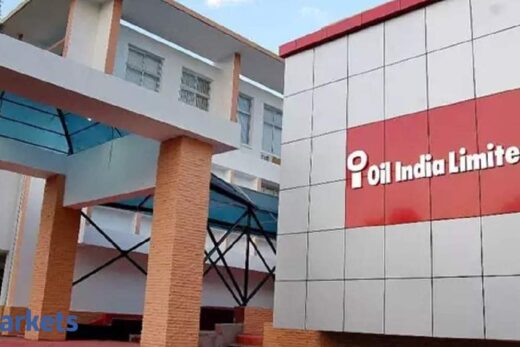Christened as ESG Risk AI, it is supposed to be India’s first ESG rating company. It will cover a company’s ESG performance across three categories, 25 themes and 38 key issues. Such analysis is aimed at deriving a score that will be based on multiple data points.
Better the score, the lower is the funding cost for any company opting for such rating.
“Collectively, all three Environmental, Social and Governance practices are gaining the centre stage for India to observe a holistic growth,” said Sankar Chakraborti, Chairman, ESG Risk Assessments & Insights and CEO – Acuité Group.“Sensing this development, we launched ESG Risk Assessments & Insights which is relevant from investors, lenders and issuers alike.”
The dedicated entity will rate companies’ ESG compliance and related credit lines. Acuite will initially aim to rate top 500 companies in India as it plans to take rating services overseas at a later stage.
ESG considerations represent material economic information that details a company’s prospects beyond financial performance and explains the implications of its actions on the society at large.
“At ESG Risk AI, we identify, analyse for materiality and evaluate such risks thereby enabling investors and lenders to make an informed decision,” said the CEO.
ESG bonds are already catching the attention of companies to lower their costs with the first quarter fundraising rising more than ten fold.
In the first quarter of this year, six local companies sold a record $3 billion worth of global ESG bonds, compared with $1.27 billion in the whole of last year, ET reported on March 27.
India is the world’s third-largest emitter of green-house gases and has pledged a 33-35% reduction in the ‘emissions intensity’ of its economy by 2030, compared with 2005 levels. Similarly equitable access to basic social infrastructure of health and education is at the forefront of all discussions on Indian economy.
“Emphasis on corporate governance is higher than ever before,” said Chakraborti.
Out of India’s Rs 27.12 lakh crore assets under management about 7 percent are now in ESG-compliant funds. By the end of current decade, the share is estimated to reach 30 percent of total AUM in India.



